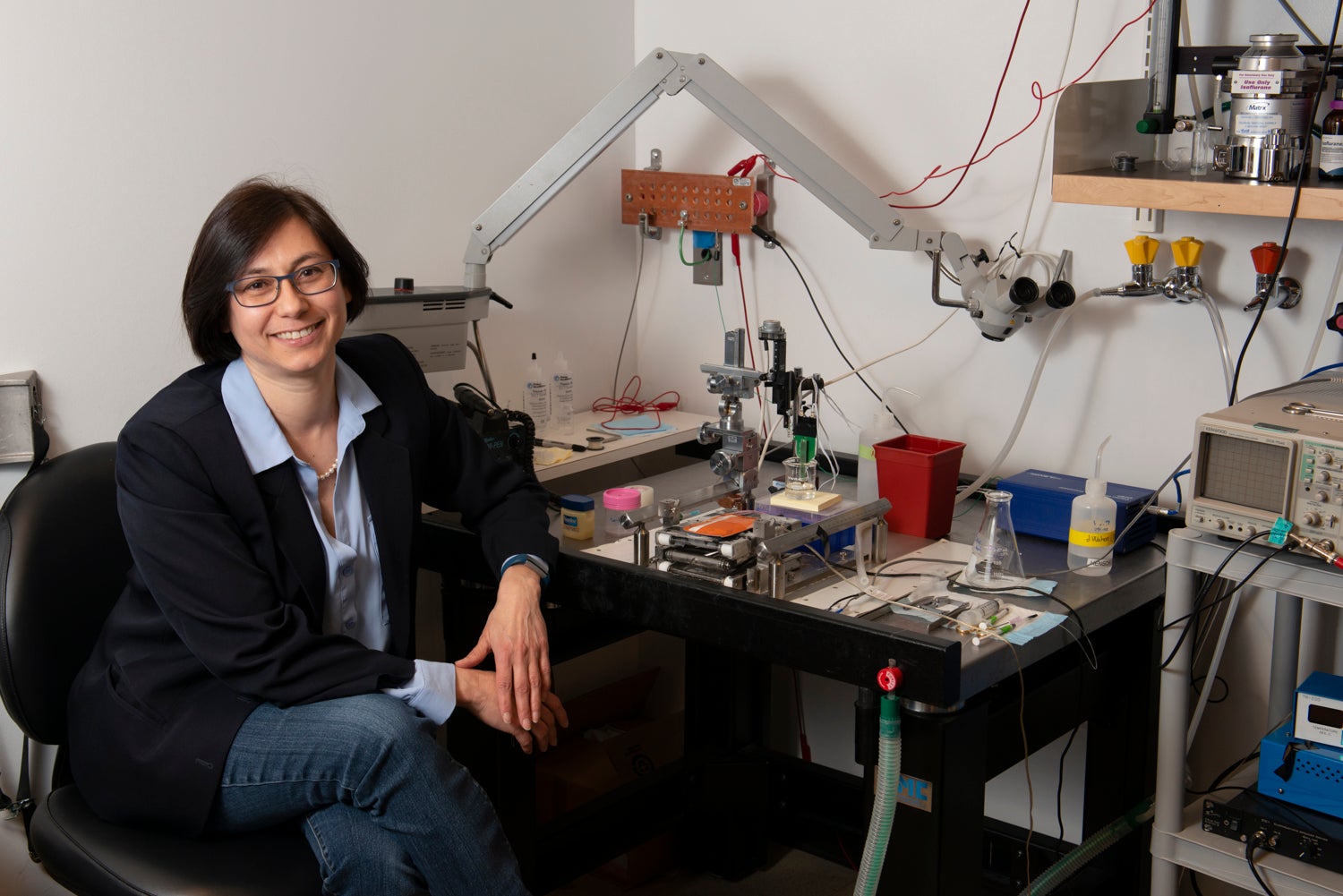Associate in Neurology, Boston Children's Hospital

Our work focuses on understanding how the brain develops and adapts to the external environment in health and disorders. Neuronal networks acquire multiple functional properties through experience-dependent development during specific times in early postnatal life called “critical periods”. We study the mechanisms underlying these fundamental processes and how they may be altered in autism related disorders. In particular, our efforts are beginning to elucidate how rare conditions conditions affecting girls and boys such as Rett Syndrome and CDKL5 disorder, severely impact their life and ability to talk, walk and interact with others.
Our final goal is to help in identifying new target treatments. To this end, we combine molecular techniques with electrophysiological, two-photon imaging and behavioral analysis of systems level phenomena in vivo and parallel with translational studies in patients. We have discovered a clear visual phenotype in mouse models and patients with Rett Syndrome disorder and developed new therapeutic interventions specifically targeting NMDA receptor.
Recently we have devoted our attention in quantifying network dynamics by longitudinal analysis of calcium and chloride transients’ two-photon imaging combined with multichannel in vivo electrophysiological recordings both at the level of single cells and LFP in freely behaving mice. This approach allows us to also quantify the effects of arousal on signal processing. We are developing mathematical models based on the animal data collected to then be used for interpretation of LFP data collected in patients here at BCH.
